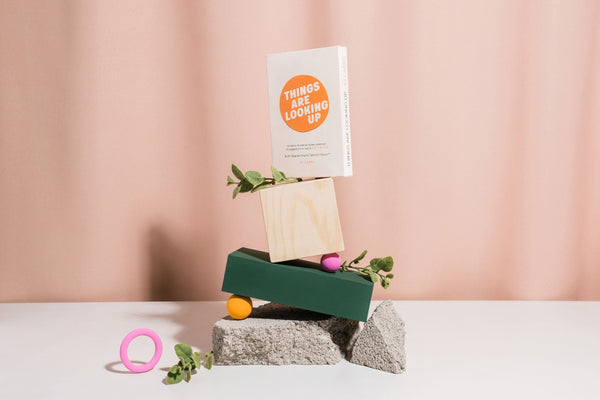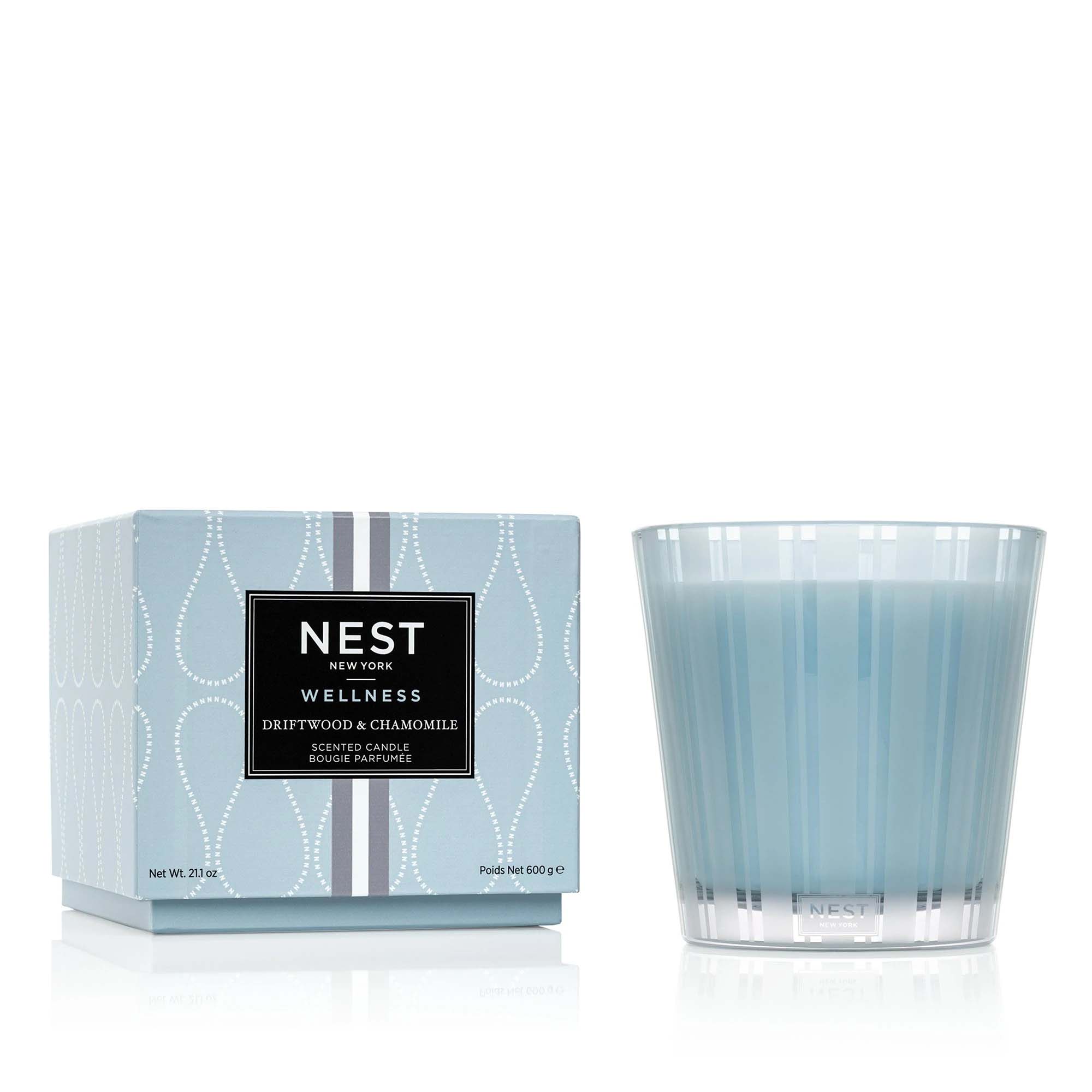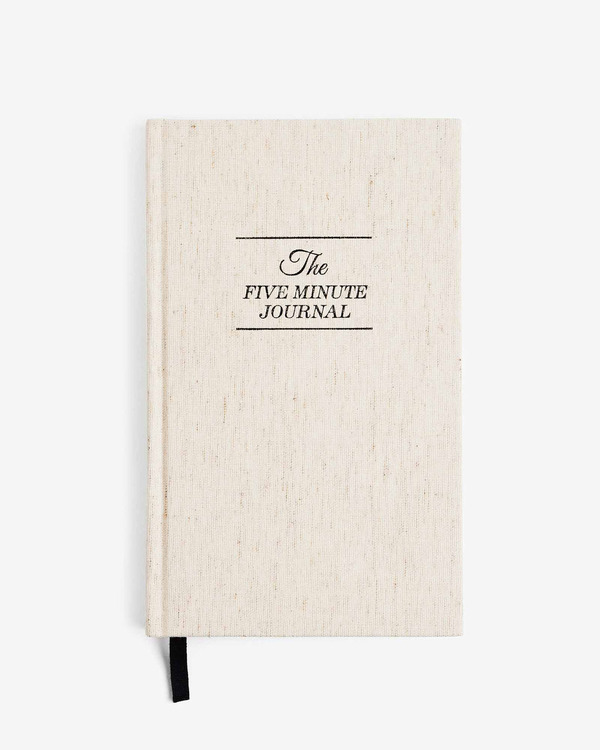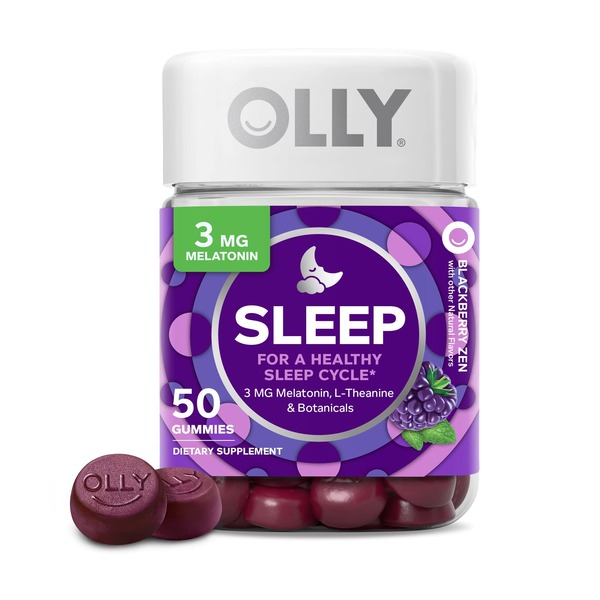Why Dr. Deepika Chopra Believes that Optimism is Resiliency

In the world we live in, we could all afford to be more joyful and optimistic, but what does "optimism” even mean? The first ideas that come to mind are always positivity, a good attitude, and the ability to always see happiness in any situation. According to Dr. Deepika Chopra, optimism is much more than that, and it’s not just limited to one feeling or emotion.
Chopra started her wellness journey after realizing that she’s always been empathetic and sensitive toward people. She also credits her parents for inspiring her path to wellness and explains, "I came from parents that were very open about who they were and what they felt. They made a lot of space for talking. I saw parents that were constantly growing. My dad came to this country with $8. Seeing him be who he was, he was the first optimistic person I saw in practice.” She believes that we tend to learn the most from what our parents model as we grow up, and it truly shapes who we become.
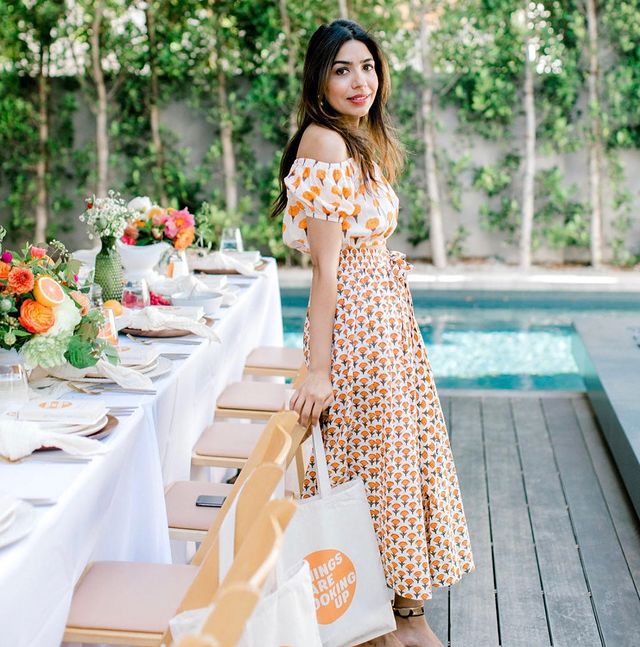
Chopra is the founder of Things Are Looking Up and a visual-imagery expert known as the Optimism Doctor, but she’s very candid about not always seeing herself as the most optimistic person. In fact, she feels that society has a flawed description of what optimism truly is and believes that humans can get the most joy out of the little moments that we take for granted.
I’m constantly searching for new ways to bring peace and lasting happiness to my life, so I was thrilled to speak with Chopra about how to find my joy throughout the day and, more importantly, learn how to sustain it in a world that can feel so dark at times. Chopra sat down with me to explain why we must have compassion for ourselves and how we can have a range of emotions and still be optimistic.
As an empath, I often find myself experiencing a conflicting range of emotions from the smallest thing—watching a sad movie, seeing a loved one upset, or just letting one little thing impact my mood. By not always holding on to positivity 24/7, I started to think I wasn’t a true optimist. Chopra assured me that these emotions are normal. "Being a mother has been the most challenging time to hold on to optimism because I’m constantly anxious—the school shootings, a virus, and a pandemic. The important piece is to really understand and truly accept what it really means to be optimistic.” she says. While we all may be a little more on edge these days, Chopra reveals that we can still see the world for what it truly is while also being resilient to whatever life throws at us.
Keep scrolling to read more about the expert’s take on optimism, her number one manifestation tip, and how your joy may be hidden in those micro-moments we experience every day.
What does it mean to be truly optimistic?
Being optimistic isn’t about being positive the whole time or seeing the world through a rose-colored lens. A true optimist is someone who really sees and is aware of the roadblocks and setbacks in everyday life but someone who also knows that the roadblocks and setbacks are temporary and something that they have the ability to overpower and overcome based on their own resiliency.
What is something that we often get wrong about optimism?
It’s not about being positive all of the time. It’s about really sitting and being true in your own emotional state without hiding it under the rug. We are human, and we are meant to experience the full range of emotions. That includes being mournful, happy, angry, frustrated, worried, or stressed out. All of these things are a part of our human existence. The way that I’m trying to navigate this life as a mom is being authentic with how we feel. The only way through an emotion is to literally work through it. You can’t speed through it. We are going to experience emotions that don’t always feel good, so knowing that, we take away the stigma or discomfort with discomforting feelings by thinking that something is wrong with us. The best place to start is with self-compassion. You will never be steered wrong with self-compassion.
What inspired Things Are Looking Up?
I would go to these summits, and I would be speaking. People would come up to me and say, "After listening to you, I think I may be an optimist. How do I work with you?” My goal and passion is providing changing tools that come from our own resources. It’s already in us—in our minds, thoughts. I’m passionate about these inclusive tools. I had a nine-month wait list to see someone, and I wanted to be more accessible, so I wanted to have something to give to people. I wanted to use all of my tricks and tools. It’s 52 holistic and science-based suggestions that increase your happiness, optimism, and resiliency. They’re cards that you pull with an actionable item, and most of them take 20 seconds, and they work at shifting mindset or creating a new pathway.
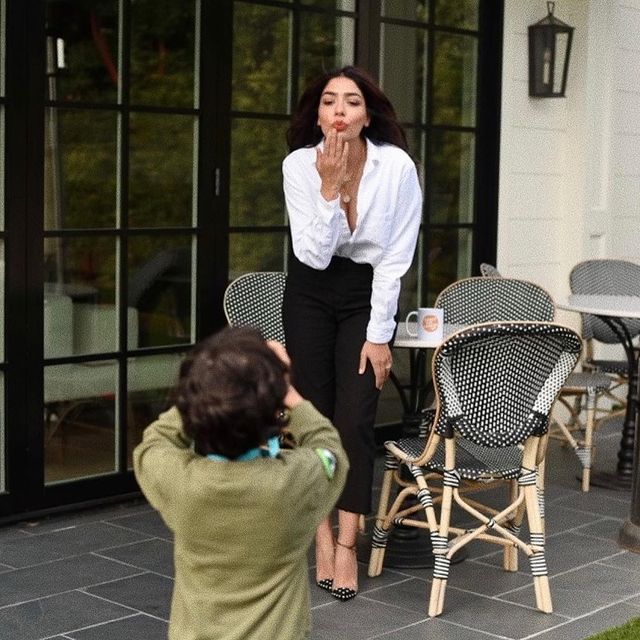
How do you encourage people to live well?
Before I had kids, I invested my time into self-care but when I had kids, that all went out the window. I was surviving but not thriving. All of my energy was directed into my child. I would make up these excuses of not practicing self-care because of the lack of time. So I started this idea called micro-moments, where we would tackle micro-moments throughout the day. I do something called "wake up and dance.” I let my feet touch the ground, and I wake up and dance. It actually shifts my mood, and research shows that how you spend the first part of your day really impacts your day. I started realizing that there’s no amount of time that’s too small to shift your joy or make your day better. Even if it’s walking a block, I will do that instead of saying, "I don’t have enough time.” I do micro-moments, and they have to be things that you can do from anywhere, and it has to bring you joy. For me, it’s to wake up and dance. I always pull a card. I always take a shower. For me, if I don't get a shower in the morning, I don’t feel like I can begin my day.
What is your number one tip for manifestation?
I think what people get wrong a lot of the time is just focusing on what you want, which is important, but they stop there. My number one tip is to focus on the expectation. You can want something until the cows come home, but if you don’t expect that it will actually happen and you don’t close the gap, it won’t happen. You have to truly believe it. It’s not just an affirmation. You can’t just say you deserve love when your true feeling is that you don’t deserve it. We have to check in with ourselves and say, "How much am I actually expecting this to happen?” The brain has a selective amount of capacity. I ask people all of the time, "How many of you want to win the lottery?” vs "How many of you think you can win the lottery?” and people will say, "I don’t think I’m going to win anyway.” We don’t take action unless we think that something will happen. It’s not about just wanting something and putting it on a board. It’s where the work lies. I don’t think we’re giving ourselves enough credit. Look at the things in your life today, and you have to remind yourself, "Remember when I wanted this so badly, and what is all of the stuff I did to get here?” You’d be surprised. It didn’t fall into your lap—you took action.
This article is provided for informational purposes only and is not intended to be used in the place of advice of your physician or other medical professionals. You should always consult with your doctor or healthcare provider first with any health-related questions.
